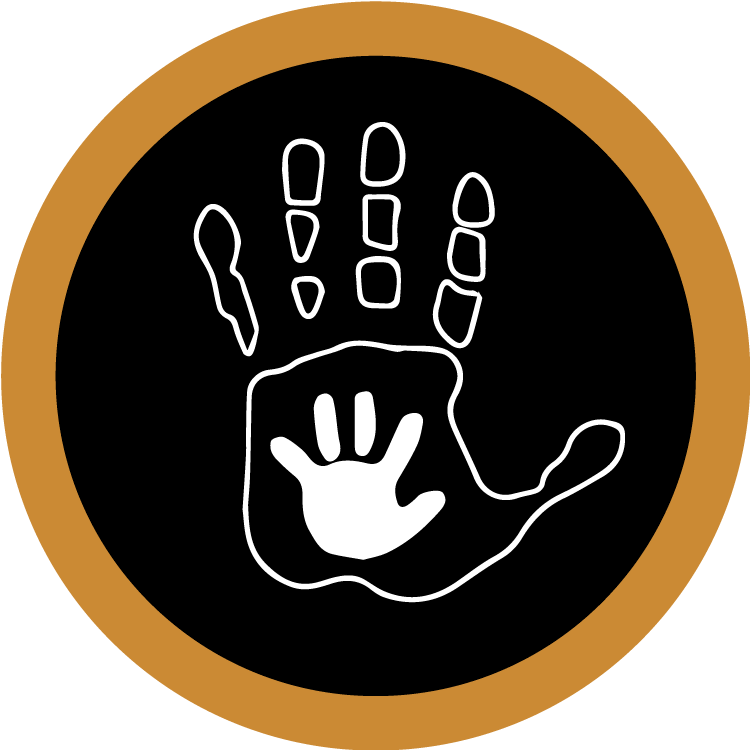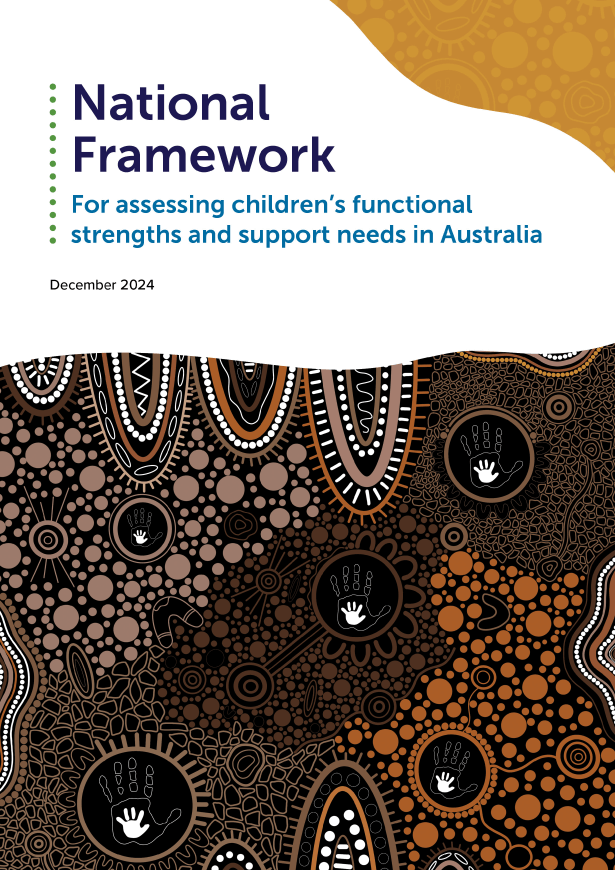The National Framework for assessing children’s functional strengths and support needs in Australia (the ‘Framework for assessing children's strengths and supports’ or ‘Framework’) provides a consistent, evidence-based and culturally responsive approach for assessing, differentiating, and reporting children’s functional strengths and support needs.
The Framework focuses on professional practice when working with children aged 0-12 years and their families. It can be used across relevant health, education, disability and community services to support all children, irrespective of whether they have a diagnosed condition or may receive a diagnosis in the future. This includes, but is not limited to, children with:
- developmental delay
- neurodevelopmental conditions
- acquired disability
- other health and medical conditions that result in the need for additional supports.
The core elements of the Framework are the Guiding Principles and sections outlining the process of assessment, differentiation and reporting of children’s strengths and support needs, including what approach should be used, what information is critical, and what the outcome should be for each. The Framework also provides guidance related to the use of tools, core competencies and capabilities required by professionals involved in assessing children’s strengths and support needs, and recommended safeguarding approaches.
You can read more information About the Framework without registration.
About the Framework
Find out more about the Framework, how and why it was developed. Includes a list of Frequently Asked Questions.
Easy Read Fact Sheet
This fact sheet describes the work we did to make the Framework. We use pictures to help explain some ideas.
The Framework provides a consistent, evidence-based and culturally responsive approach for assessing, differentiating, and reporting children’s functional strengths and support needs.
The Framework focuses on professional practice when working with children aged 0-12 years and their families in Australia. It can be used across relevant health, education, disability and community services to support all children, irrespective of whether they have a diagnosed condition or may receive a diagnosis in the future. This includes, but is not limited to, children with:
- developmental delay
- neurodevelopmental conditions
- acquired disability
- other health and medical conditions that result in the need for additional supports.
About the Framework
Find out more about the Framework, how and why it was developed. Includes a list of Frequently Asked Questions.
Easy Read Fact Sheet
This fact sheet describes the work we did to make the Framework. We use pictures to help explain some ideas.
The Framework
Read the Framework in full online, with interactive navigation. Includes key figures, tables, glossary and references.
Supporting documents
More detailed information about the evidence behind the Framework. Includes collation of key figures.

